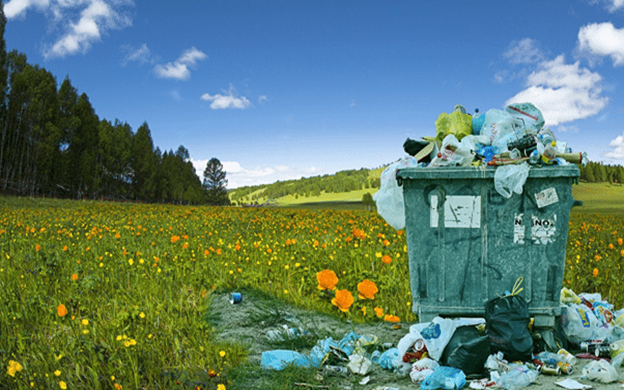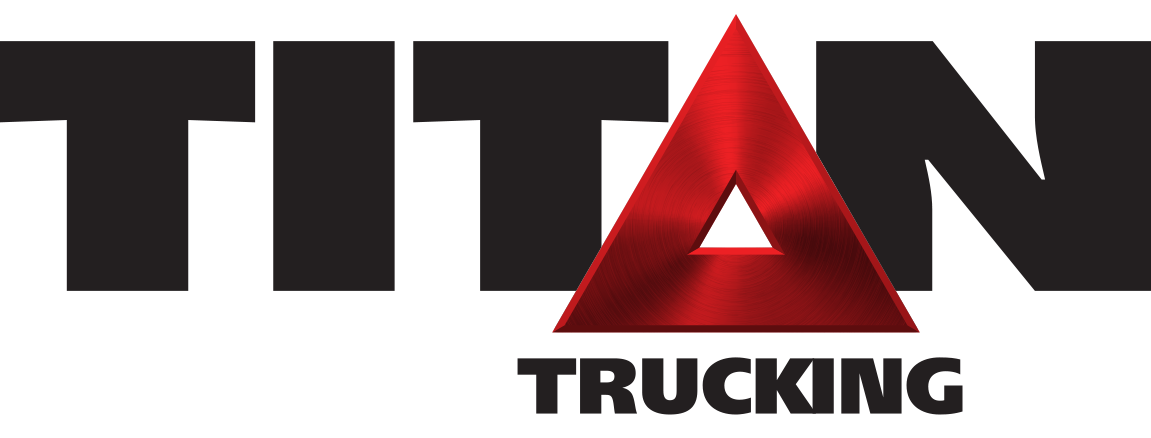
Importance of Solid Waste Management at Community Level
Solid waste is harmful for our environment. The improper disposal of solid waste results in environmental pollution and adversely affects our health. The chemicals and toxins released from solid waste gradually seep into the soil or enter freshwater bodies like lakes and rivers.
Our food is grown in this soil, and we get our drinking water from these very lakes and river. Without being consciously aware of it, we consume the toxins released by the solid waste we created. It enters our food chain, disrupts our body’s normal functioning, and leads to fatal diseases like chemical poisoning and cancer.
According to The World Bank, by 2050 the global waste production is expected to increase by 70%. We will be producing 3.40 billion tons of solid waste every year. The entire population of USA represents just 4% of the global population but we produce 12% of the global solid waste.
Rapid urbanization, improper disposal of waste and our lack of interest in reducing environmental pollution has resulted large quantity of solid waste being dumped in landfills and oceans.
If we don’t take the initiative to manage our solid waste on an individual and community level, very soon, we will be running short of livable and sustainable cities. It may be a grim picture to draw but we are not far away from drowning in our own waste.
Why Manage Solid Waste?
Solid waste management is important for several reasons. It helps conserve energy and decreases environmental pollution. Communities that effectively manage their solid waste can:
Protect the Environment
Untreated solid waste results in environmental pollution and climate change. The solid waste that is dumped in landfills and oceans, pollutes our natural resources.
Poisonous gases that are released from the decomposition of organic matter and industrial waste, like methane, nitrogen and sulfur are harmful for our biodiversity. Wildlife and marine life are at a much higher risk because every year 250 million tons of trash is thrown into the sea. Marine life’s oxygen supply depletes, and they consume trash mistakenly which results in their death.
Already, human activity like deforestation and urbanization has led to the extinction of thousands of species of wildlife. An average of 137 species of life forms are driven into extinction every day! If we don’t manage our solid waste and protect our shared natural habitats, we may lose all our wildlife and marine life.
Moreover, the greenhouse gases that are released from the decomposition of solid waste deplete the ozone layer and cause global warming. Global warming results in extreme temperatures and melting of polar icecaps. Scientists warn that the glaciers in Greenland and Antarctica are melting 6 times faster than in 1990. This is causing the sea levels to rise and as a result we are witnessing frequent flooding.
Recycling and proper treatment of solid waste breaks it down into simpler organic molecules that can be naturally absorbed in the ecosystem.
Reduce Health Hazards
Illegal and careless dumping of industrial waste and solid waste from households can lead to serious health hazards. Trash that has been stored for a long time, example the one that sits on landfills for years, releases toxic chemicals when it mixes with other waste materials.
If solid waste is not recycled or broken down into unharmful substances before disposal, then the harmful chemicals and toxins will seep into the soil or flow into water bodies and enter our food chain.
According to a CNN report published in 2018, researchers found that every year around 412,000 people die in USA because of lead poisoning. Their drinking waters has been contaminated with lead and other harmful substances. Illegal dumping of industrial waste in water bodies and on empty farmlands has resulted in serious health risks for the nearby communities.
Moreover, many people continue to burn their trash as a way of disposing it. This pollutes the air because chemical combustion releases carbon components and toxins. Inhaling this polluted air can result in deadly acute respiratory diseases.
According to the United States Environmental Protection Agency, “approximately 82 million people nationwide lived in counties with pollution levels above the primary NAAQS in 2019”.
Health hazards can be reduced through proper waste management. Toxic chemicals from solid waste can be filtered using liners to ensure that harmful substances like methane, propane, lead and mercury do not enter the ground or freshwater resources.
Conserve Natural Resources
Globally, we use nearly 17 million barrels of oil to make new plastic bottles. Plastic bottles are a small proportion of all the solid waste we produce. Even when all the plastic waste (jars, bottles, packaging etc.) is considered, it makes only 18.5% of all the waste that we produce.
Just imagine, if producing disposable plastic bottles alone requires billions of barrels of oil, then how much of our natural resources are we wasting daily to produce new products that can easily be recycled?
Oil, coal and gas are non-renewable sources of energy. Their supply is limited. Therefore, it is our duty to conserve these natural resources for our future generations.
We should manage our solid waste by reusing and recycling to conserve these natural resources. Instead of buying new things, like plastic containers, construction materials, furniture, and houseware, use recycled products and they ones that use minimal plastic packaging.
What Can Communities Do?
Many communities around the world are realizing the importance of solid waste management. Communities can manage their waste by:
- Coordinating with environmental organizations and government authorities
- Reduce, reuse, and recycle
- Weekly cleanup drives
- Educate community members
- Train volunteers in solid waste management techniques and practices
- Report illegal dumping
- Encourage art made from recycled materials by building a community art museum
- Liaison with community newspaper/ radio to publish and broadcast success stories
Community Initiatives for Solid Waste Management in USA
The small community of Fort Collins in Colorado proposed a Zero Waste plan in 2013 to help them become a sustainable and zero waste community. Details can be read in this report.
The community workers and volunteers from Carrol County in Maryland organize weekly cleanup drives on every Saturday. Litter and solid waste are collected from the Main Street area, sorted for recycling, and sent to treatment plants for safe disposal. More can be read about this neighborhood cleanup here.
Titan National can help you build a sustainable community. We specialize in solid waste management and rent dumpsters for waste collection. Contact us here for more information.







